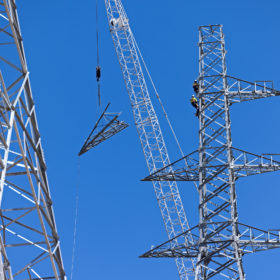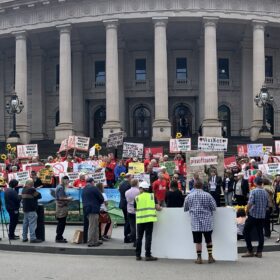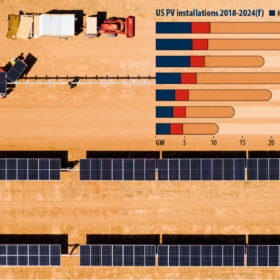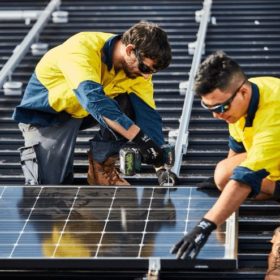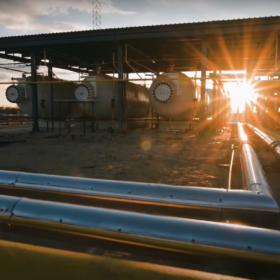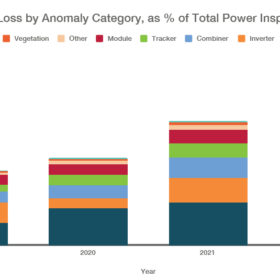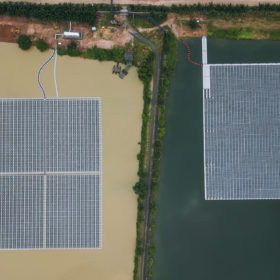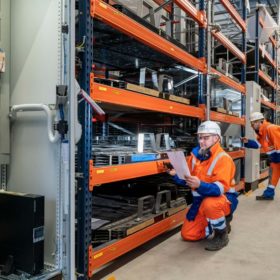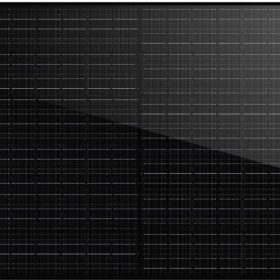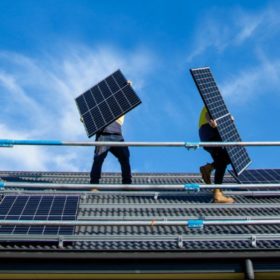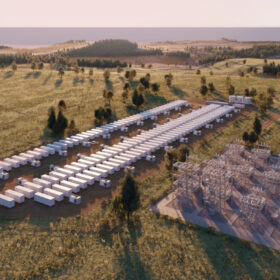‘Monumental mistake’: experts alarmed by major NSW-Victoria interconnector plan
In a strongly-worded submission, two experts claim AEMO’s backbone interconnector proposed between Victoria and New South Wales is a “monumental mistake” and relies on analysis that is “biased, flawed and in parts dishonest.”
Weekend read: Renewables’ human hurdle
Community opposition to renewable projects tends to be dismissed as NIMBY-ism, an attitude of not-in-my-back-yard. To do so fails to recognise the character and potential claws of the globally growing movement, as well as the renewable sectors’ own role in rearing resentments. Australian reporter Bella Peacock investigates the emotional thread that ties the particularities of opposition movements together, and ways developers can defuse the charge.
Weekend read: A moral trilemma
US solar was disrupted in 2022, with module seizures delaying projects due to strict laws designed to stamp out alleged forced labor practices in sections of the Chinese PV industry. However, it remains to be seen whether seizures affected such alleged practices.
Free solar training and mentorships on offer in Victoria
As part of its $1.3 billion (USD 87 million) Solar Homes Program, the Victorian government has launched an initiative to upskill electricians, electrical engineers and licensed electrical inspectors to encourage them to take on more solar work.
Strong interest in hydrogen certification, Bureau Veritas reports
Bureau Veritas tells pv magazine that there is a great deal of interest in hydrogen certification schemes in Australia, Europe, the United States, and the Middle East.
Raptor Maps points to growing problem of PV system underperformance
Raptor Maps analysed 24.5 GW of large-scale solar assets and determined that power losses due to equipment anomalies nearly doubled from 1.61% in 2019 to 3.13% in 2022. At the module level, cell and diode anomalies were the most common issues, it said.
BayWa’s lessons from expanding into Southeast Asia
In recent years, global renewables developer BayWa re has been turning its attention to the Asia Pacific, expanding into Southeast Asia. Junrhey Castro, the company’s director of solar distribution in Southeast Asia, sat down with pv magazine Australia to discuss its experiences in the emerging markets of the Philippines, Thailand, Malaysia, and Vietnam.
How safe are second-life EV batteries as home energy storage devices?
There is currently no widely accepted test methodology to assess the safety of second-life lithium-ion batteries (LiBs). However, a UK government study reveals two opposing views on their safety, raising concerns over whether such devices should be deployed in homes under any circumstances.
Longi increases product warranty to 25 years
Chinese manufacturer Longi has increased the product warranty for its Hi-MO 5m modules to 25 years in Australia and New Zealand. The company says the ten year boost comes “after identifying how important it has become for consumers to have full confidence and peace of mind at the time of choosing their solar system components.”
Solar installers left with ‘hand grenade’ from bloated manufacturer warranties
In the last years, warranties on solar panels have ballooned up to 40 years, but far from inspiring trust, these documents can end up eroding it. Described as a “hand grenade,” some installers claim manufacturers’ unrealistic installation manuals and poor claiming processes leave them in the lurch when equipment breaks. “I think its the biggest threat to the longevity of my business,” Mark Cavanagh, owner of Queensland-based MC Electrical tells pv magazine Australia.
